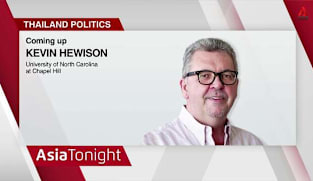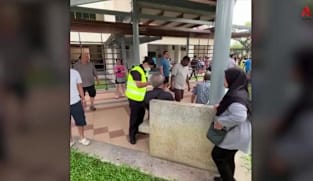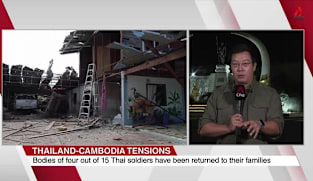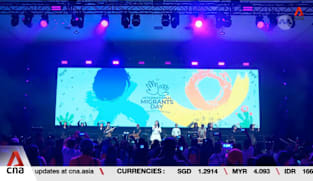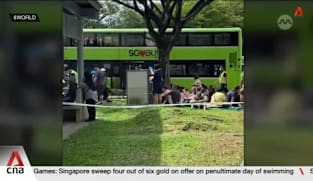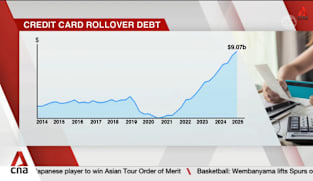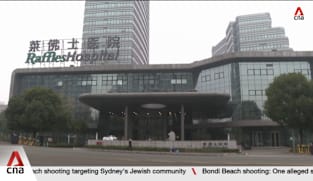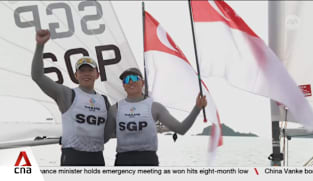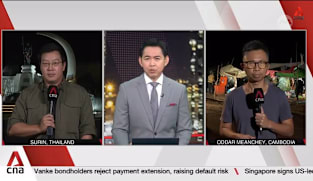Budget debate 2024: Leong Mun Wai on replacing the ‘handout approach’ with permanent schemes
Budget 2024 has continued with the Government’s “traditional handout approach”, but the “complexity” of this approach means many needy Singaporeans may not enjoy the benefits, said NCMP Leong Mun Wai in Parliament on Monday (Feb 26). For example, he said it is not uncommon for multiple schemes to be applied to solve a single socio-economic problem for a single recipient. This is confusing for the recipient, who may not get the necessary help, or get it fast enough. In addition, there is a high administrative cost as recipients usually need help to navigate the “maze” of eligibility rules. The approach also “breeds dependency” instead of empowering the individual, said Mr Leong. He said this could be why “although the PAP Government has increased social spending very substantially since about 2011, it (does) not seem to have improved the financial well-being of Singaporeans proportionately”. Mr Leong reiterated a “permanent scheme” approach that he had been advocating, in three parts - the Affordable Homes Scheme, a Minimum Living Wage and a Government-funded National Health Insurance Scheme. This would mean there will be no need for handouts to the majority each year and Singapore’s social welfare and security structure could be consolidated to focus on a much smaller group of needy Singaporeans. He said this shift will not consume significantly more fiscal resources, given that the Government already has multiple schemes in place and has “locked away tens of billions of dollars in endowment and trust funds”.
Budget 2024 has continued with the Government’s “traditional handout approach”, but the “complexity” of this approach means many needy Singaporeans may not enjoy the benefits, said NCMP Leong Mun Wai in Parliament on Monday (Feb 26). For example, he said it is not uncommon for multiple schemes to be applied to solve a single socio-economic problem for a single recipient. This is confusing for the recipient, who may not get the necessary help, or get it fast enough. In addition, there is a high administrative cost as recipients usually need help to navigate the “maze” of eligibility rules. The approach also “breeds dependency” instead of empowering the individual, said Mr Leong. He said this could be why “although the PAP Government has increased social spending very substantially since about 2011, it (does) not seem to have improved the financial well-being of Singaporeans proportionately”. Mr Leong reiterated a “permanent scheme” approach that he had been advocating, in three parts - the Affordable Homes Scheme, a Minimum Living Wage and a Government-funded National Health Insurance Scheme. This would mean there will be no need for handouts to the majority each year and Singapore’s social welfare and security structure could be consolidated to focus on a much smaller group of needy Singaporeans. He said this shift will not consume significantly more fiscal resources, given that the Government already has multiple schemes in place and has “locked away tens of billions of dollars in endowment and trust funds”.








